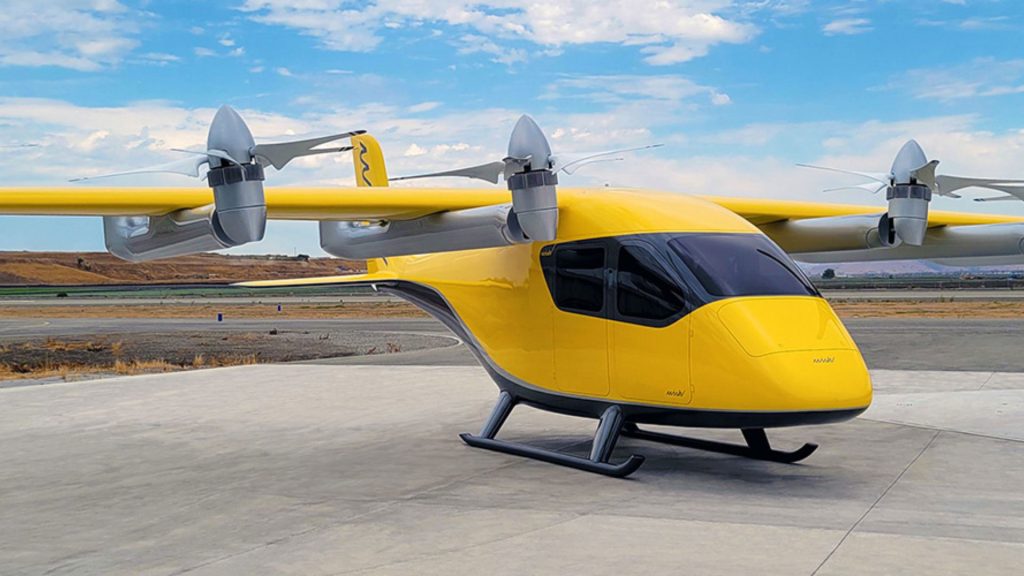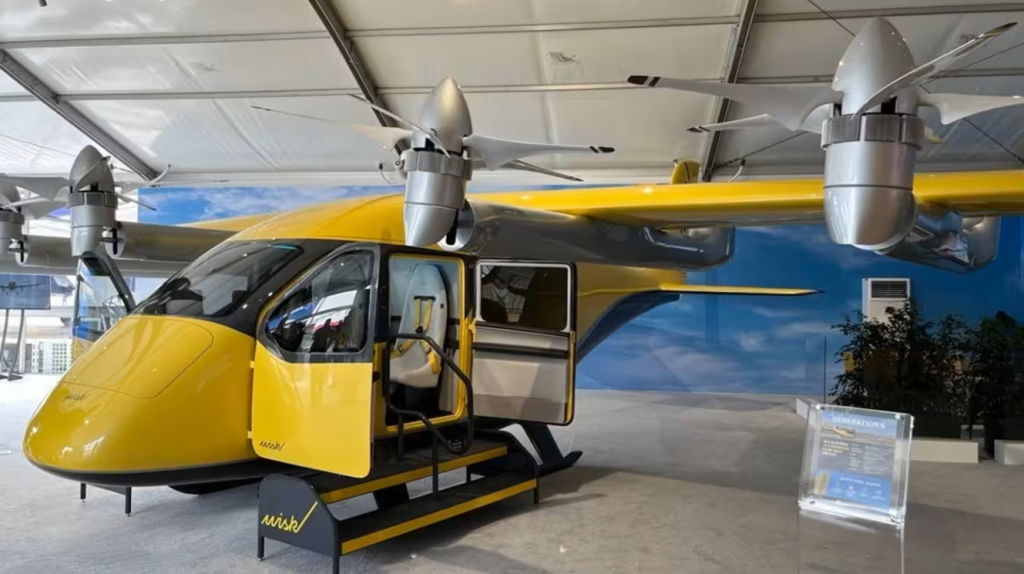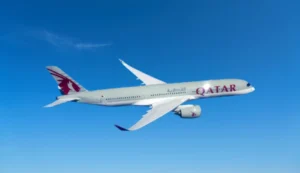Boeing Sets Sights on Asian Flying Car Market by 2030
In a strategic move to tap into the burgeoning demand for efficient urban transportation solutions in Asia, U.S. aircraft giant Boeing has unveiled plans to venture into the flying car business in the region by 2030. This initiative aims to address the challenges posed by congested cities and provide rapid short-distance travel options.

Image Source: msn.com
Chief Technology Officer Todd Citron disclosed the ambitious plans in an exclusive conversation with Nikkei, highlighting Boeing’s focus on developing electric vertical take-off and landing (eVTOL) craft through its subsidiary, Wisk Aero. Notably, these aircraft will integrate autonomous technology, setting them apart from conventional eVTOL models.
Boeing’s roadmap entails obtaining certification in the United States initially before expanding operations into Asia. While specifics regarding the Asian market strategy are yet to be finalized, considerations include whether Boeing will directly sell the aircraft to companies offering eVTOL transportation services or operate the services itself.
The selection of the inaugural Asian market, including potential entry into Japan, is currently underway. In Japan, the landscape is already evolving with domestic startup SkyDrive and Germany’s Volocopter slated to launch air taxi services during the 2025 Osaka World Expo.
As part of its commitment to advancing aerospace innovation, Boeing inaugurated a dedicated research and development hub in Nagoya, marking a significant milestone in its Japanese operations. This facility, the seventh of its kind outside the U.S., underscores Boeing’s strategic intent to bolster local R&D capabilities.

Citron hinted at possible collaborations with automotive industry players, particularly those with expertise in fuel cells or electric vehicles. The Chubu region, where Nagoya is situated, boasts a robust automotive sector, presenting opportunities for synergies.
Boeing Japan President Will Shaffer emphasized the strategic advantages of establishing operations in Nagoya, citing proximity to key suppliers such as Mitsubishi Heavy Industries, Kawasaki Heavy Industries, and Subaru. Additionally, partnerships with academic institutions like Nagoya University facilitate access to top talent.
Currently, Boeing employs 27 R&D professionals from diverse backgrounds in Japan, with plans to expand the team to approximately 50 members in the future. The Nagoya facility will focus on developing digital tools for aircraft design and manufacturing, exploring sustainable aviation solutions, and advancing composite materials technology for aircraft bodies, among other initiatives.






